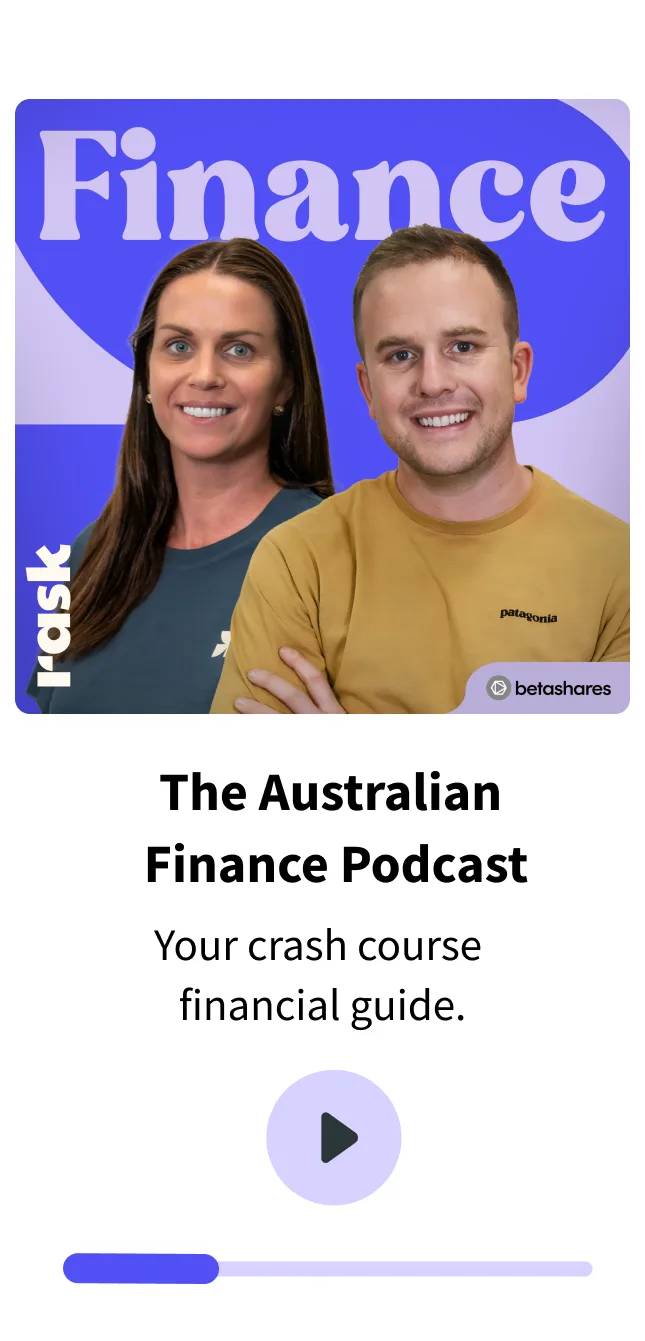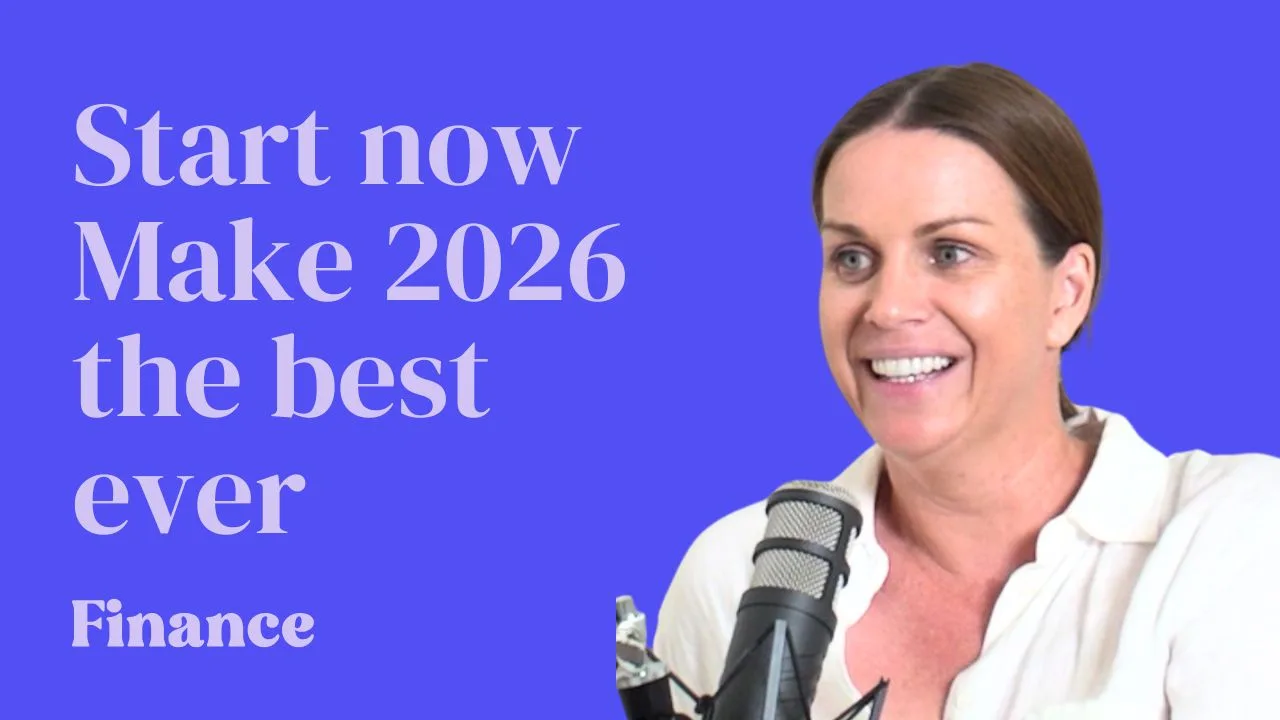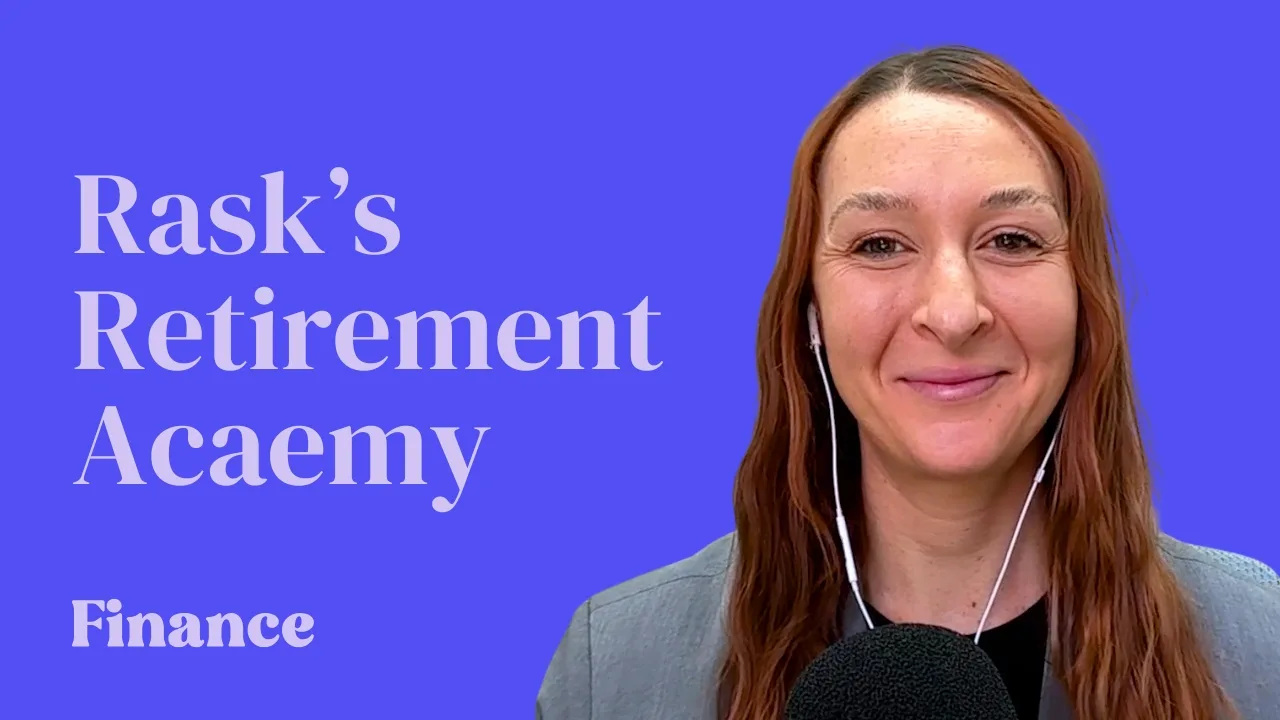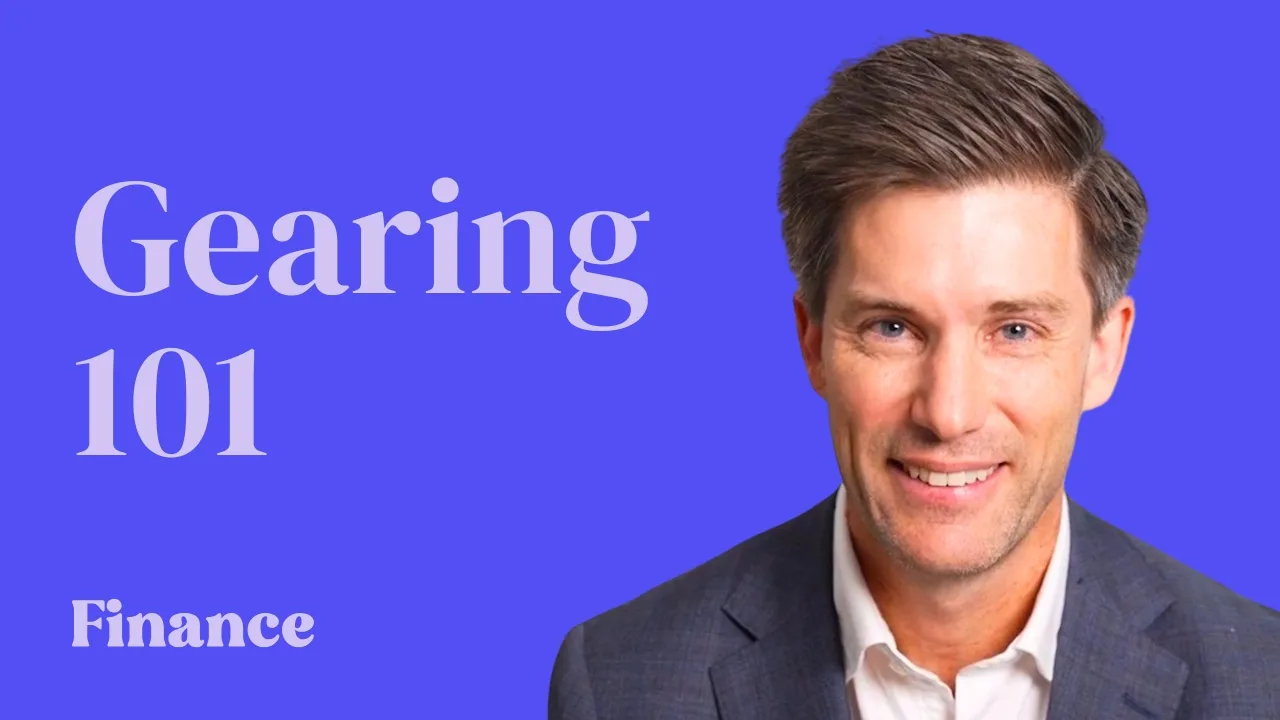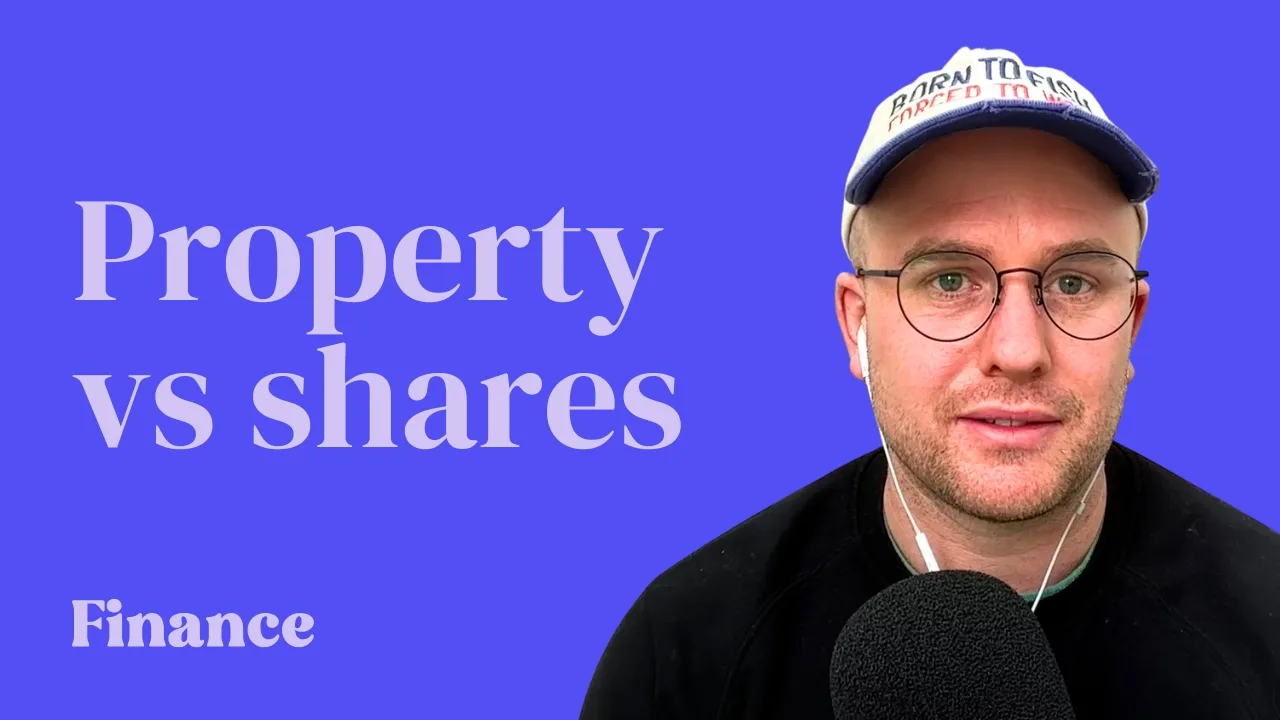This episode catches you up on the latest financial news you need to know.
Owen Rask, Chief Investment Officer of Rask Invest, delivers his monthly portfolio update for August 2024 on this episode of The Australian Finance Podcast.
He also explains why he invests in emerging markets and what’s happening with inflation and the RBA interest rate data.
Remember: don’t overcomplicate your investing or how you manage money. You’ve got to feel in control.
This episode was recorded on Thursday, the 15th of August 2024.
What are Emerging Markets?
The term ‘emerging markets’ was first coined in 1981.
An economist working for a World Bank subsidiary was originally pitching investors the idea of a “Third World Fund”. The Third World Fund was to invest in rapidly growing, hard to access markets such as Brazil, Argentina, India, Korea and Mexico. However (not surprisingly!), the fund name raised concerns amongst investors. It was deemed disparaging for the countries labeled as third world and distasteful for potential investors.
The economist instead came up with the name Emerging Markets Fund.
Since then, no specific definition of what constitutes an emerging market has been established. Key index providers have no firm definition. Infact, MSCI and FTSE have differing views and inclusions in their indexes. The biggest difference is that MSCI still includes South Korea as an emerging market (taking up 12% of their index) whilst FSTE considers South Korea a developed market.
If the index providers can’t agree on what an Emerging Market is, how should we define it? According to dictionary.com, an emerging market is “a market in a less developed country whose economy is just beginning to grow.”
Using this definition, one might expect that over time the index would adjust as economies mature, growth starts to slow and countries start to become considered developed economies.
A quick review of MSCI additions and deletions since it was incepted in 1988 reveal that only two countries (Israel & Portugal) have been removed from the MSCI Emerging Markets index as they were considered “developed”.
What happened to the rest of them? Indice providers will remove countries from the index if they consider the countries to be no longer investable. Examples of this include hyperinflation (hello Venezula and Argentina) or markets no longer being accessible to foreign investors (Russia 2022). This highlights the greater risks inherent in emerging market investing, namely political, currency and liquidity risks.
